MEDrecord
focus on patient-centric care
Jan-Marc Verlinden is founder and CEO of MEDrecord, a Dutch ‘virtual’ SME that has been in the business of healthcare innovations for the past 20 years. Verlinden himself also founded a Living Lab in Leiden. MEDrecord helps startups and innovations in healthcare with funding, a team of developers and the MEDrecord platform. From the innovative idea to the app itself: MEDrecord is with its customers every step of the way. “Our dream is to put the patient in control: every patient should be the owner of his or her own medical data,” says Verlinden. “What I have learned in doing 20 years of innovation is that the innovation process always comes down to the same thing. You need to focus on the user to start with.” As an experienced teambuilder, he is leading his team to the next step of their journey, one that involves multiple European projects and the ongoing drive for innovative solutions. Jan-Marc has brought 30+ international projects to a successful conclusion and is an expert in patient data security and international innovation.
Human process
Inside any innovation process, Verlinden suggests, the starting point is the customer journey and in MEDrecord’s case this means the patient/doctor journey. “In the clinical workflow you need to understand the human process before starting to throw in all kind of technical innovations.” Of course, that’s not to say that technology and software, and the innovations taking place in these areas, are not essential building blocks of the solutions created by MEDrecord but, as Verlinden points out, “in all of our research proposals we have to take care to avoid the innovation only existing on the researcher’s desk and the ‘not invented here syndrome".
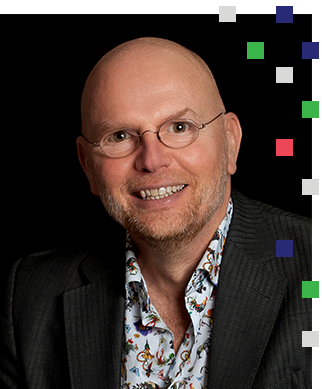
Open platform
“Healthcare is bogged down in its current processes. And this is just as true for e-health. The financing model is holding back innovation. If you save on staff, for example, you get less funding because of payment per minute that staff actually spend on the patient, and not minutes that are saved. This is called ‘system failure’. While innovation can be much more effective there, especially with the current AI solutions. But here too, broad acceptance of AI is a problem. We can use AI to diagnose epilepsy patients, achieving 94 percent effectiveness. A neurologist can’t beat that, but often claims that he can. This leads to a very conservative type of care and holds back the impact that innovation could and should have. One of the main reasons we sit around the table with health insurers is to change the funding of healthcare. The only way to solve this financing problem is in large international projects where you can show the power of innovation. You demonstrate system failure by doing things differently, and integrally. That way, you also show what the savings are. Our role as MEDrecord is to act as integrator and standardisation expert. Always from a basic platform, a micro-service pluggable architecture. We apply the platform in all projects. Thus we ensure that the systems we build can connect to other systems around the world with our open APIs.”
Nutritional behaviour modelling
In the ITEA Food Friend project, which runs until 2023, MEDrecord is working alongside 16 partners from 5 countries with the goal of collaborating on defining a global generic framework and ontology for nutritional behaviour modelling. It aims to deliver a complete toolset that can automatically measure a person’s food intake by using a tube system (medical device) with a minimum of required user-input and turn it into personalised and actionable feedback. By measuring very precisely what people eat and what happens in their metabolism, you can determine exactly what the influence of nutrients is on health. For example, we discovered that it is not the patient who makes false claims about his food intake, but that nursing staff should be better informed about the use of food tubes. Instead of squeezing the food through the tube in fifteen minutes, the patient needs to absorb the food very slowly, in about three hours. Fun for your metabolism. This makes the human being the central focus in healthcare, in all kinds of ways. Ultimately, this targets the prevention of malnutrition in nursing homes and in patients using tube feeding and the nutritional trans-mural care of chronic diseases like obesity and type 2 diabetes. The Food Friend toolset consists of both hardware, in the form of sensors, and software, in the form of an application or webportal built on MEDrecord’s API and companion interface MedSafe. Together they automatically monitor a person’s food intake while barcode scanning automatically detects the nutritional content of food packages with a minimum of required user-input and provides relevant and timely feedback to the user, their coaches and food/meal providers.
MEDrecord platform
“By focusing on patient-centric care, whereby the patient is the owner of his/her data,” says Verlinden, “we flip the current system where data is fractioned and lives in the hospital or doctor’s software without any form of standardisation. This led us to create the MEDrecord platform with open APIs that is the basis of all our innovations. as well as a fully certified (ISO/NEN and FHIR) digital safe for the patient. We also developed our spin-off Club Diabetes on the basis of the white label model of our MEDrecord platform.”
Besides ITEA, where MEDrecord has been involved in five projects to date, the SME is also a participant in various other national and European research projects, ranging from the EU’s Horizon 2020 programme at TRL 1-3 level to the Eureka Eurostars (TRL 4-6) where the EEG4STROKE project targets the development of a new product that enables paramedics to accurately triage patients with a suspected stroke in situ, whether in the ambulance or wherever the patient is located. This helps decide, within the golden hour, to which hospital the patient should go. Saving time, saving lives.
Beating metabolic diseases without the drugs
In all its proposals for the coming years, MEDrecord will focus on measuring a person’s metabolism and, based on that, provide precise and personalised advice geared mainly to preventing many of the metabolic diseases that people face nowadays. “What we are aiming for,” says Verlinden, “is to measure what goes in with either exhaled breath or, for instance, sweat analysis, or what goes out with urine analyses. The main advantage of these techniques as opposed to the state of the art like MRI or blood samples is time. MRI and blood analysis are always one or two weeks later, and sweat, urine or exhaled breath analysis could be done real-time. Lab on a chip. And using this data, we want to develop AI that could lead to precise and accurate advice to the patient about what to eat and drink, what exercise to do, how to sleep and improve handling stress. In other words, personalised medical advice … without the need for medication.” The patient is where innovation starts.
More information:https://medrecord.io/

Other chapters
Use the arrows to view more chapters
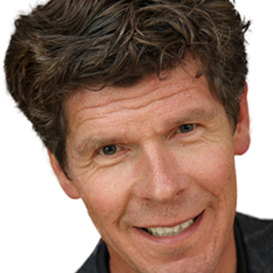
Editorial
By Jan Jonker
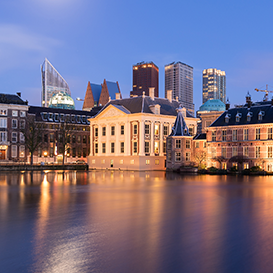
Country Focus: The Netherlands
with ambitious mission-oriented strategic frameworks
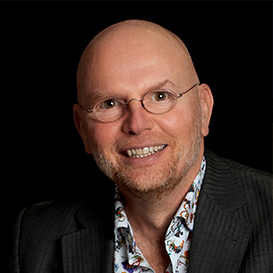
MEDrecord
focus on patient-centric care
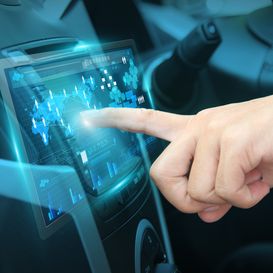
ITEA Success story: APPSTACLE
Vehicle connectivity for novel applications
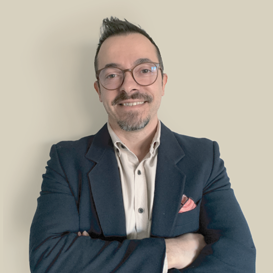
Community talk with Arda Güreller
A real (ITEA) family man at heart

ITEA Success story: PS-CRIMSON
A one-look overview of the city in 5 seconds
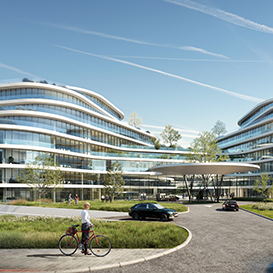
SME in the spotlight: assar
Where diversity and inclusiveness are keys to co-creation
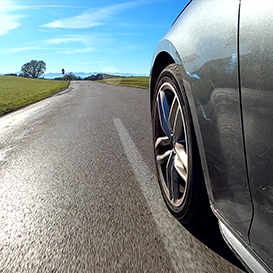
By and for end-users
EMPHYSIS eFMI: get on board or risk missing out
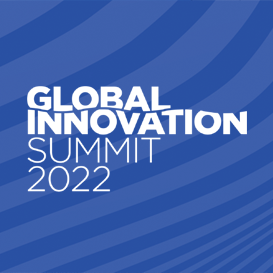
Global Innovation Summit 2022
Creating a sustainable Atlantic
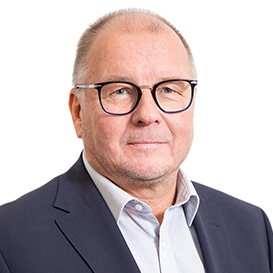
Smart city challenges
Moving to a data driven Tampere for citizens
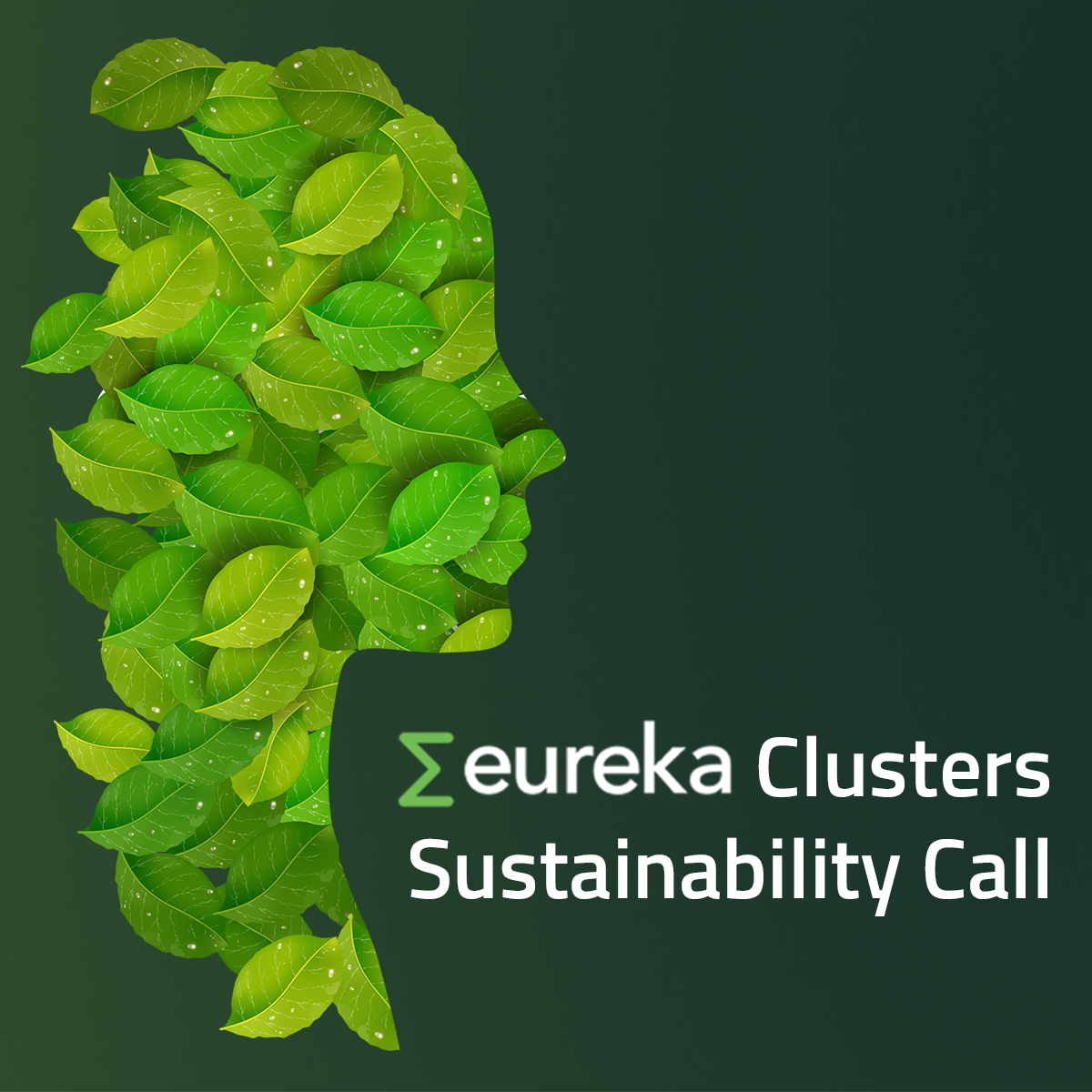
Ready to make industry more sustainable and greener?
Participate in our Eureka Clusters Sustainability Call 2022!

